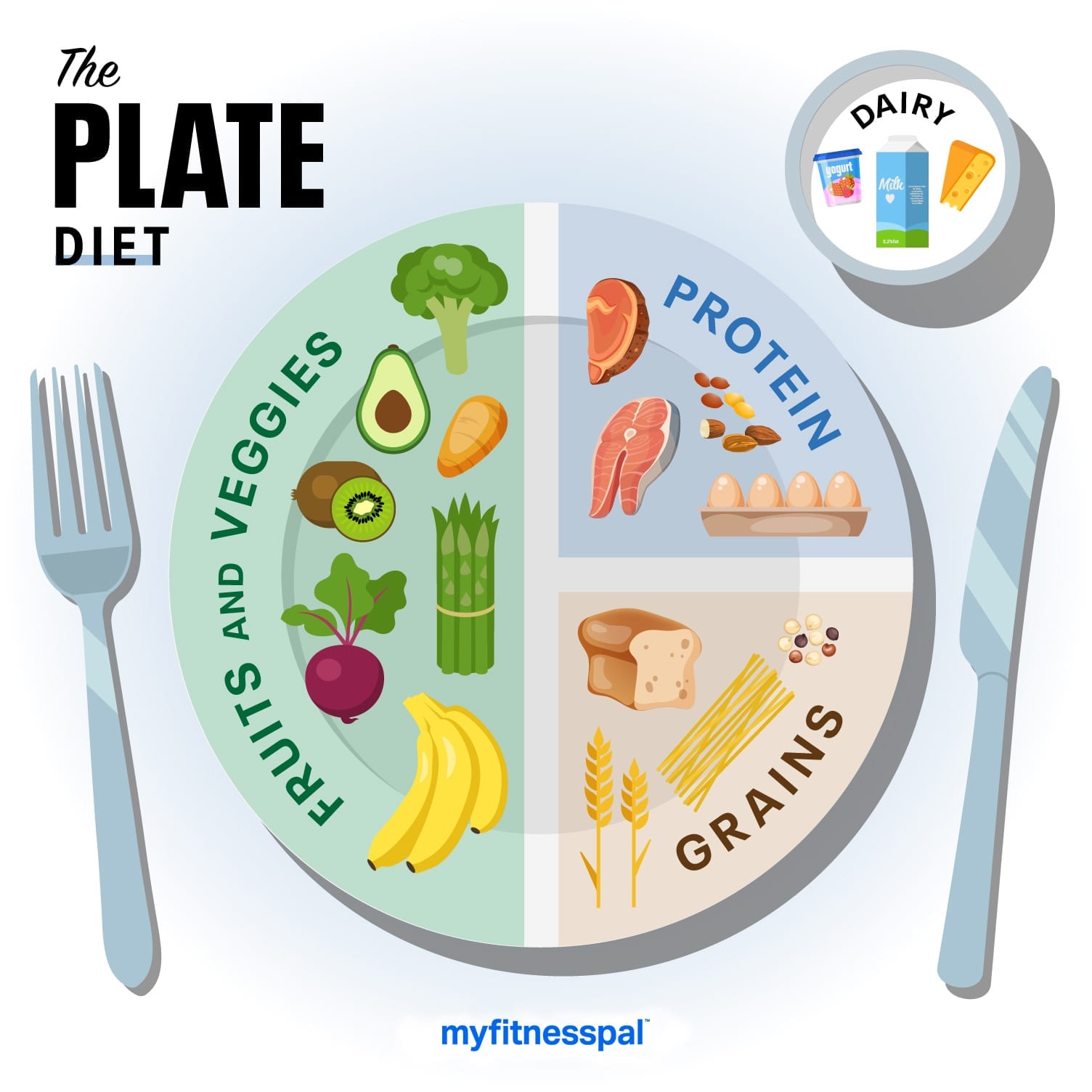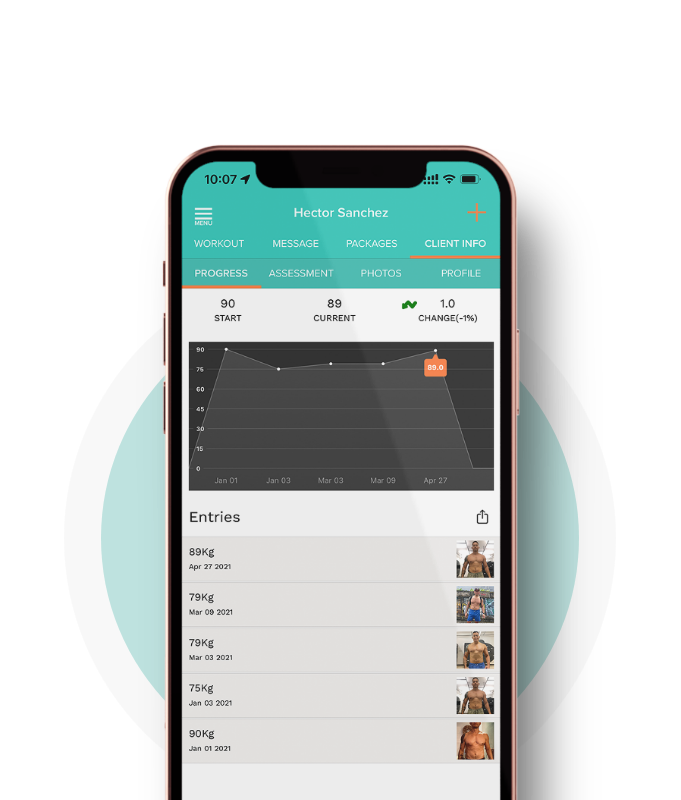Prioritize Your Health: MyFitnessPal's Macro Tracking for Lasting Wellness
Understanding the fundamentals of nutrition is key to living a healthier life, and it's not as complex as it may seem. Let's break it down:
Protein, carbohydrates, and fats are the three macronutrients that are essential for maintaining a balanced diet and supporting overall well-being. Here's a closer look at each one:
Protein: Think of protein as the building blocks of your body. It's crucial for repairing and building tissues, muscles, organs, and cells. Whether you're hitting the gym or simply going about your day, protein plays a vital role in keeping your muscles strong and healthy. It also helps regulate hormones, enzymes, and other bodily functions, which in turn supports your immune system and helps you feel full, reducing the urge to overeat.
Carbohydrates: Carbs are your body's primary source of energy. When you eat carbs, they break down into glucose, which fuels your cells, tissues, and organs, keeping you energized throughout the day. It's important to choose the right kinds of carbs—opt for whole grains, fruits, and vegetables, which provide sustained energy and essential fiber for digestive health. On the other hand, simple carbs like sugary snacks and refined grains can cause spikes and crashes in blood sugar levels if consumed excessively.
Fats: Despite their bad reputation, fats are actually essential for a healthy diet. They provide a concentrated source of energy and essential fatty acids that your body needs but can't produce on its own. Healthy fats, such as those found in avocados, nuts, seeds, and fatty fish, have numerous benefits—they can lower your risk of heart disease, help regulate cholesterol levels, and support brain health. However, it's important to limit saturated and trans fats found in processed and fried foods, as they can have negative effects on your heart health.
Balancing these macronutrients is crucial for maintaining overall health and supporting various bodily functions. By prioritizing whole, nutrient-dense foods and moderating your intake of processed and refined foods, you can optimize your health and well-being.
Now, let's talk about how you can put this knowledge into practice:
Tracking Your Nutrition: Understanding your daily calorie and macronutrient intake is key to achieving your health and fitness goals. Apps like MyFitnessPal make it easy to track your food intake and ensure you're getting the right balance of nutrients. By logging your meals and snacks, you gain insight into your eating habits and can make informed choices to support your body's needs.
Portion Control: Estimating portion sizes can be challenging, but it doesn't have to be. You can use common household items as references—a serving of meat is about the size of a deck of cards, a cup of cooked rice or pasta is roughly the size of a tennis ball, and a tablespoon of peanut butter is close to the size of a ping pong ball. Visual cues, such as using your palm for protein, your fist for carbohydrates, and your thumb for fats, can also help you gauge appropriate portions.
Take Action: To kickstart your journey to better nutrition, I recommend tracking your macros for at least two weekdays and one weekend day each week over the next three weeks. This will give you valuable insights into your eating habits and help you make progress towards your goals. Remember, consistency is key, but don't stress about tracking every single day—focus on capturing your intake during the designated times.
By understanding the basics of macronutrients and taking proactive steps to track your nutrition, you can make positive changes to your diet and ultimately improve your overall health and well-being.
By: Hector Sanchez
CEO The Training Notebook




